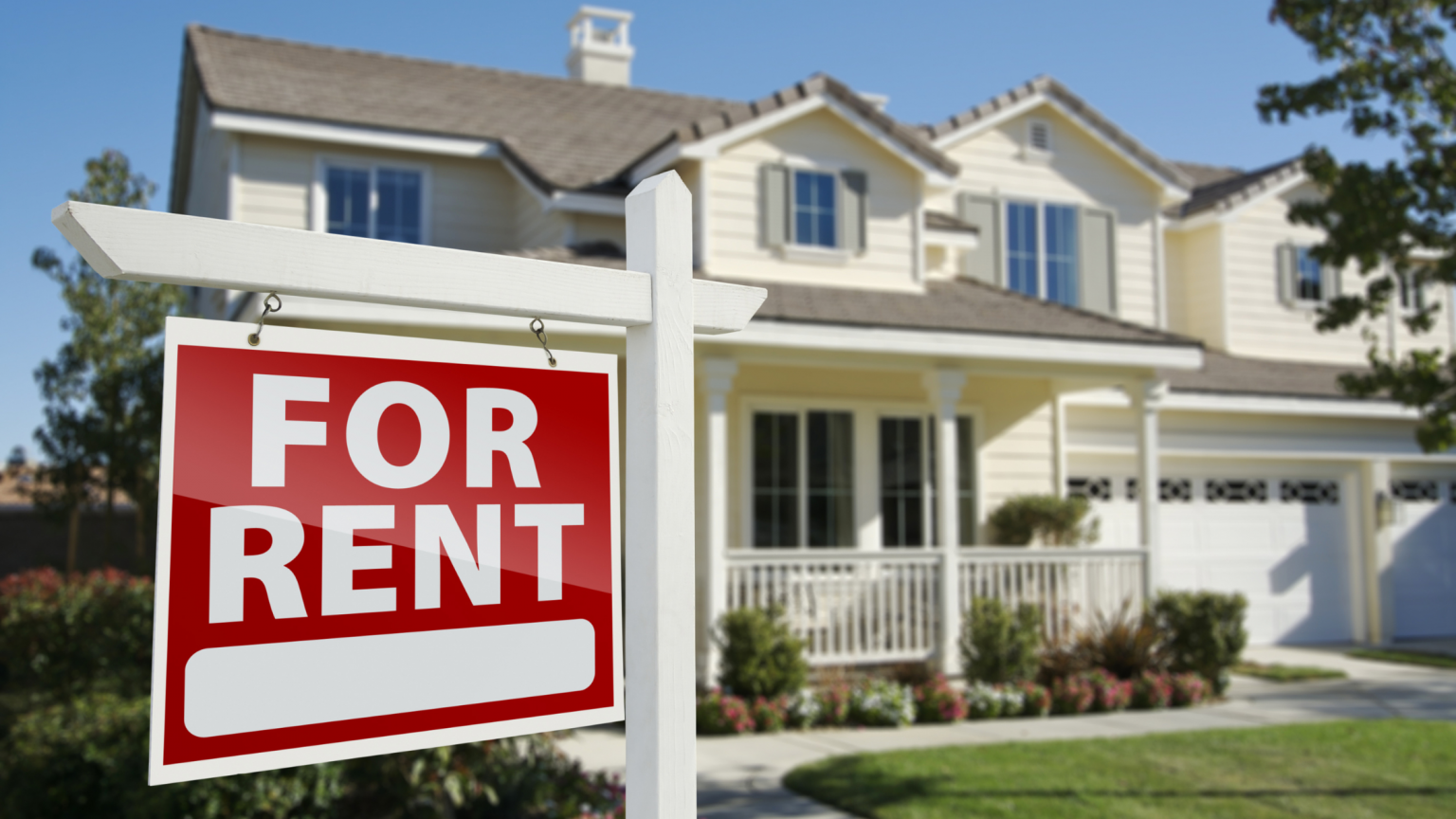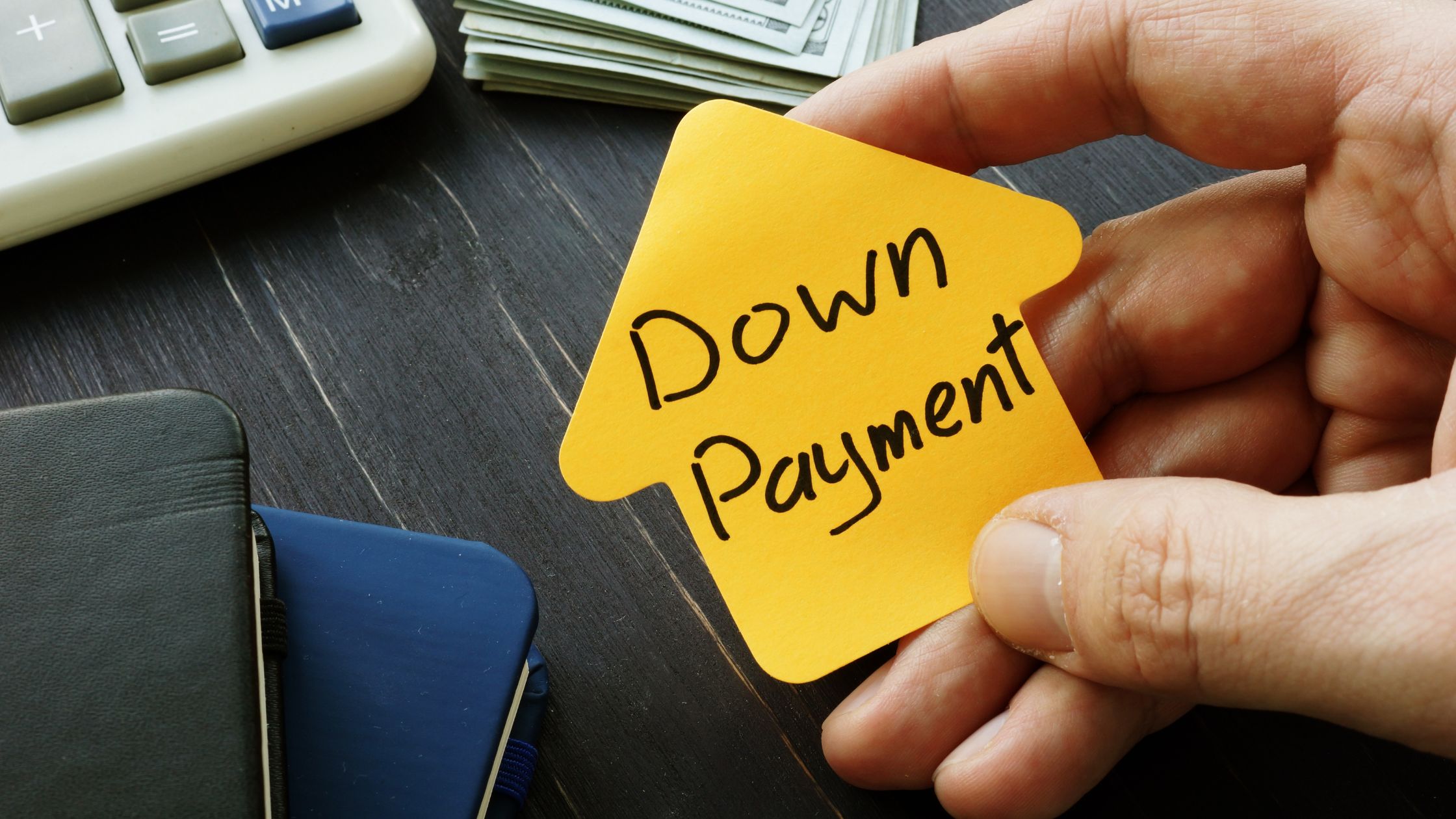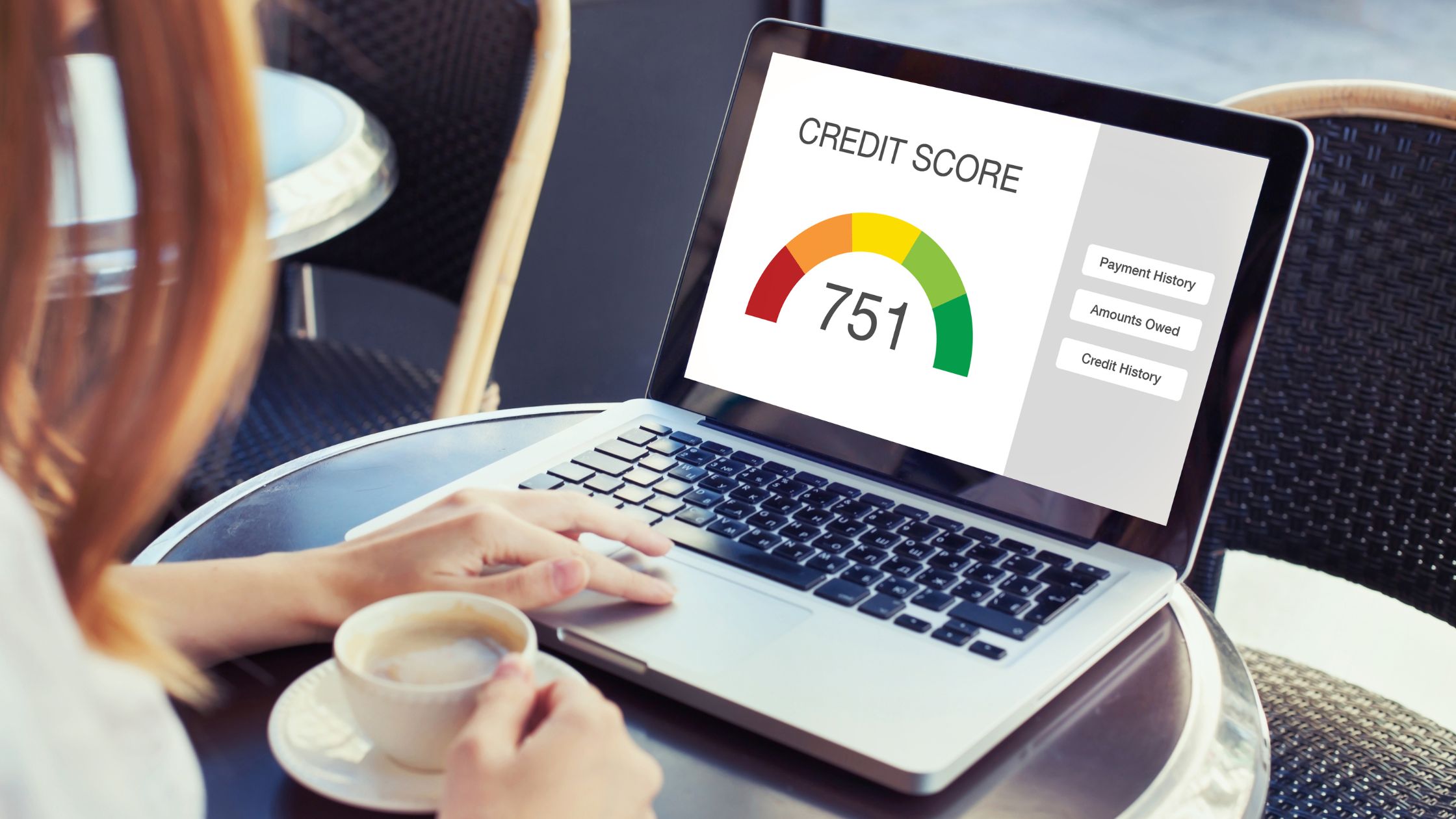Rent-to-own agreements offer an alternative path to homeownership. These agreements allow tenants to lease a home with the option to buy it before the lease expires. These contract typically consists of two key components: a standard lease agreement and a purchase option.
While rent-to-own homes combine elements of renting and buying, they may not be the right fit for everyone. Understanding how these agreements work can help determine whether this option aligns with your financial goals.
What Is a Rent-to-Own Home?
A rent-to-own home allows prospective buyers to rent a property with the potential to purchase it after a specified period. Monthly payments are made as usual, and in some agreements, a portion of these payments is applied toward the future down payment. If the renter decides to proceed with the purchase, any accumulated credits can reduce the final cost.
This arrangement benefits individuals who may not currently qualify for a mortgage due to insufficient savings or a low credit score. It provides an opportunity to build credit and save for a down payment while living in the home they intend to buy.
How Does Rent-to-Own Work?
These agreements outline the terms and conditions of the lease and the purchase option. Key factors to consider include:
1. Purchase Price Determination
Contracts should specify how and when the home’s purchase price is set. Some agreements lock in the price at signing, often at a premium above the current market value. Others determine the price at the end of the lease based on the home’s market value at that time. Buyers in competitive markets may prefer locking in the price upfront to avoid future increases.
2. Applying Rent Toward the Purchase
A crucial component of rent-to-own agreements is whether part of the monthly payment contributes to the future purchase. For instance, if rent is $1,500 per month for three years and 25% is credited toward the home’s purchase, a $13,500 credit accumulates. However, rent in these agreements is often slightly above market rates to account for these credits. Understanding these terms is essential before committing.

3. Maintenance Responsibilities
Rent-to-own contracts should clarify maintenance obligations. In most cases, landlords handle repairs and property upkeep, but tenants may be responsible for certain costs. Homeowners association fees, property taxes, and insurance are usually covered by the seller, though renters need insurance to protect their belongings.
4. Purchasing the Home
The outcome of a rent-to-own agreement depends on the contract type:
- Lease-Option Agreement: Buyers have the choice to purchase the home when the lease ends. If they decide not to proceed or cannot secure financing, they can walk away, though they may forfeit any accumulated credits and upfront fees.
- Lease-Purchase Agreement: Buyers are legally obligated to purchase the home at the end of the lease. If they cannot obtain a mortgage, they risk legal and financial consequences. Lease-option agreements offer more flexibility and are generally the safer choice.
When Does Rent-to-Own Make Sense?
Rent-to-own agreements can be beneficial in certain situations, including:
- Building Credit for a Mortgage: If a low credit score prevents mortgage approval, renting to own provides time to improve credit while securing a future home purchase.
- Saving for a Down Payment: Struggling to accumulate enough savings? Rent-to-own contracts allow time to build up funds while potentially applying rent payments toward the purchase.
- Encouraging Financial Discipline: If saving money is a challenge, rent-to-own agreements help by incorporating savings into monthly rent payments.
- Securing a Desired Location: If a particular neighborhood is the goal, renting to own ensures a place in that area while working toward homeownership. However, researching the location before committing is essential.

Potential Risks of Rent-to-Own Agreements
While rent-to-own can be a valuable opportunity, there are risks:
- Loss of Investment: If the buyer decides not to purchase or cannot secure financing, they may forfeit all payments made toward the home.
- Higher Rent Payments: These agreements often require above-market rent to account for purchase credits.
- Market Fluctuations: If property values decline, buyers may end up paying more than the home is worth.
The Bottom Line
Rent-to-own homes provide a pathway to homeownership for those who need time to improve their credit or save for a down payment. However, understanding the contract terms, financial commitments, and potential risks is crucial before signing an agreement.
If purchasing a home is the goal, getting pre-approved for a mortgage is a smart first step. Pre-approval helps determine affordability and streamlines the buying process when the time comes. Take the next step today and explore your homeownership options.
Get My Custom Rate QuoteNo SSN required. Zero impact to credit. Your Information is never sold.



